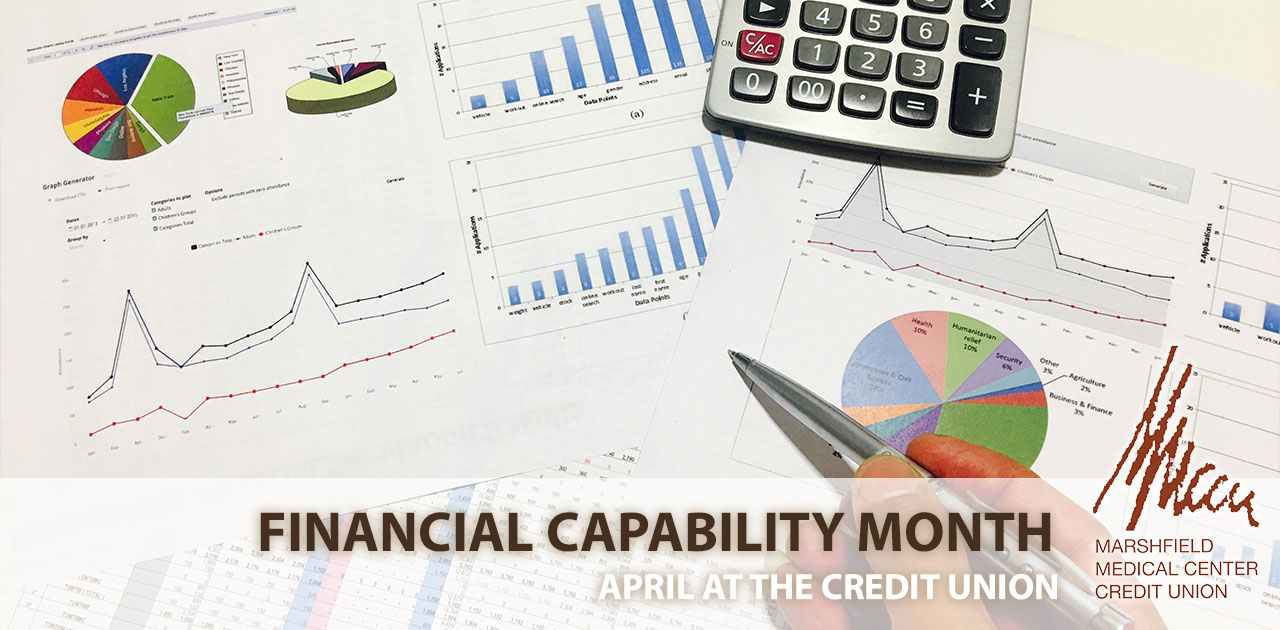In 2004, the U.S.Congress designated April as National Financial Literacy Month, which has evolved into National Financial Capability Month. Each April, federal and state agencies, credit unions, schools, nonprofit organizations, businesses, and other entities take part in this initiative to raise awareness about the importance of financial literacy education in the United States and the consequences that may be associated with a lack of understanding about personal finances.
Under the Federal Credit Union Act, promoting financial literacy is a core credit union mission. While credit unions serve the needs of their members and promote financial literacy within the communities they serve, the NCUA works to reinforce credit union efforts, raise consumer awareness and increase access to credit union services. The NCUA also participates in national financial literacy initiatives, including the Financial Literacy and Education Commission, an interagency group created by Congress to improve the nation’s financial literacy and education.
In addition, the NCUA partners with the Federal Deposit Insurance Corporation and the U.S. Department of Education in a Youth Financial Education Collaboration Agreement, aimed at helping students and families save for college and encouraging the development of smart money habits. NCUA is also a national partner of the Jump$tart Coalition for Personal Financial Literacy.
The Financial Literacy and Education Commission (FLEC) encourages people to take action to improve their financial futures.
Financial literacy is key to understanding how to save, earn, borrow, invest, and protect your money wisely. It is also essential to developing short- and long-term financial habits and skills that lead to greater financial well-being. Becoming financially capable could be as simple as:
- Creating a financial plan that includes a budget to determine which expenses are flexible or fixed, as well as ensure you have enough emergency savings to prepare for unexpected expenses; or
- Pulling your credit report once a year to make sure the information is accurate, complete and up- to-date. Reviewing your credit report will also help to guard against identity theft.


